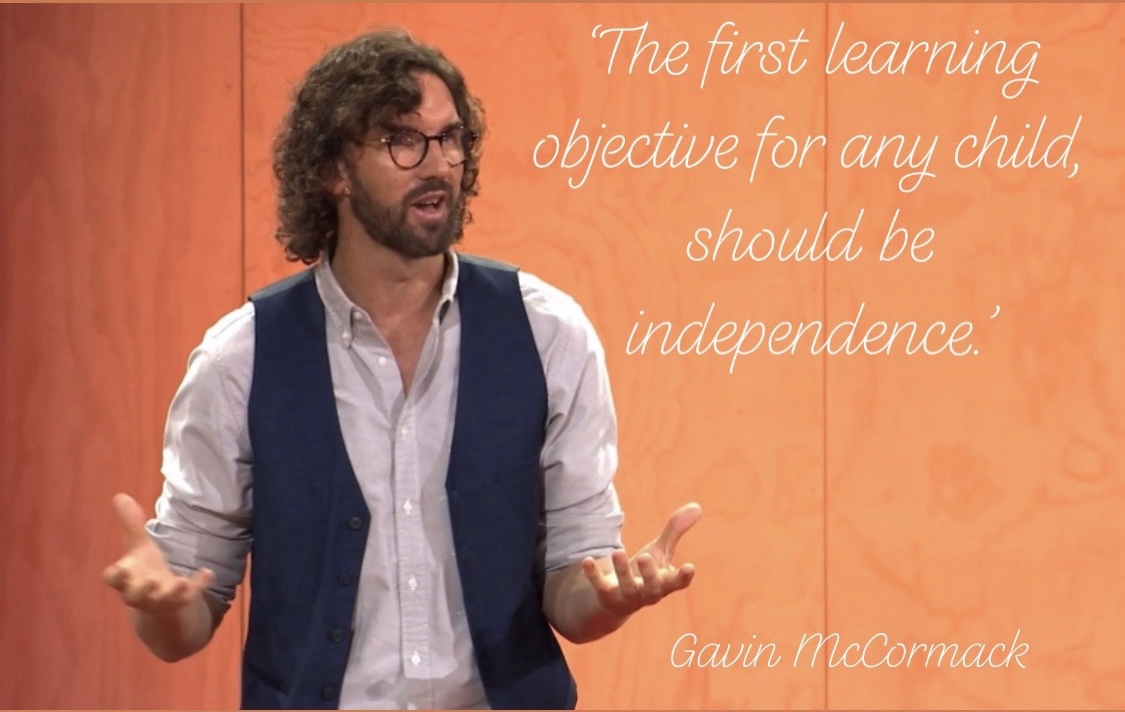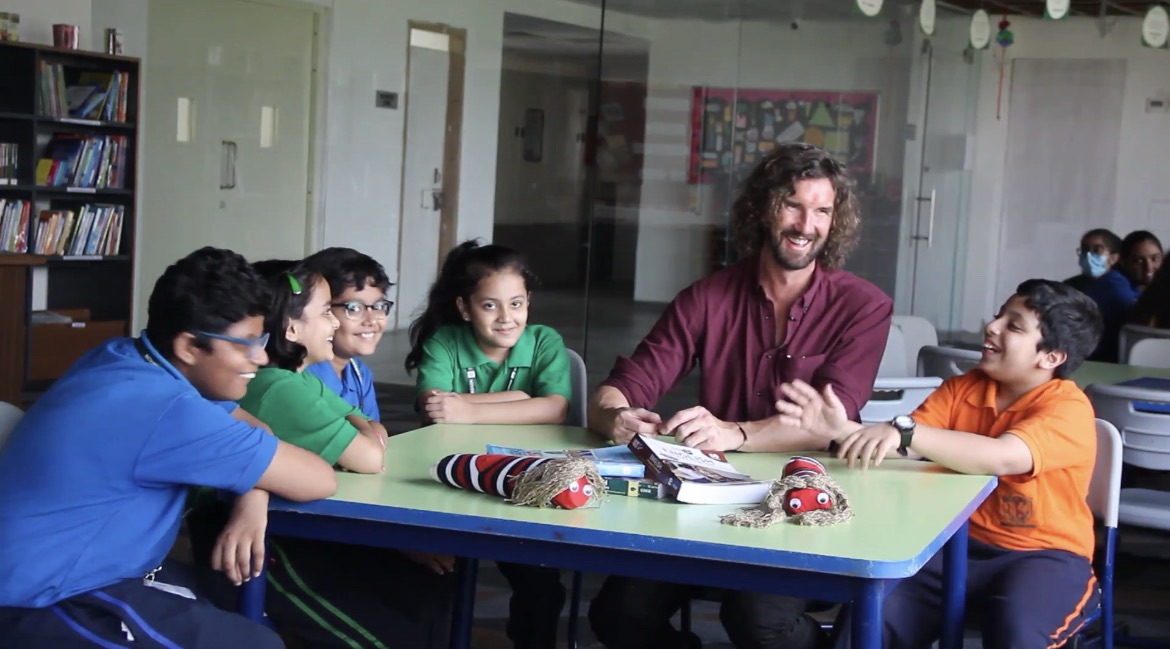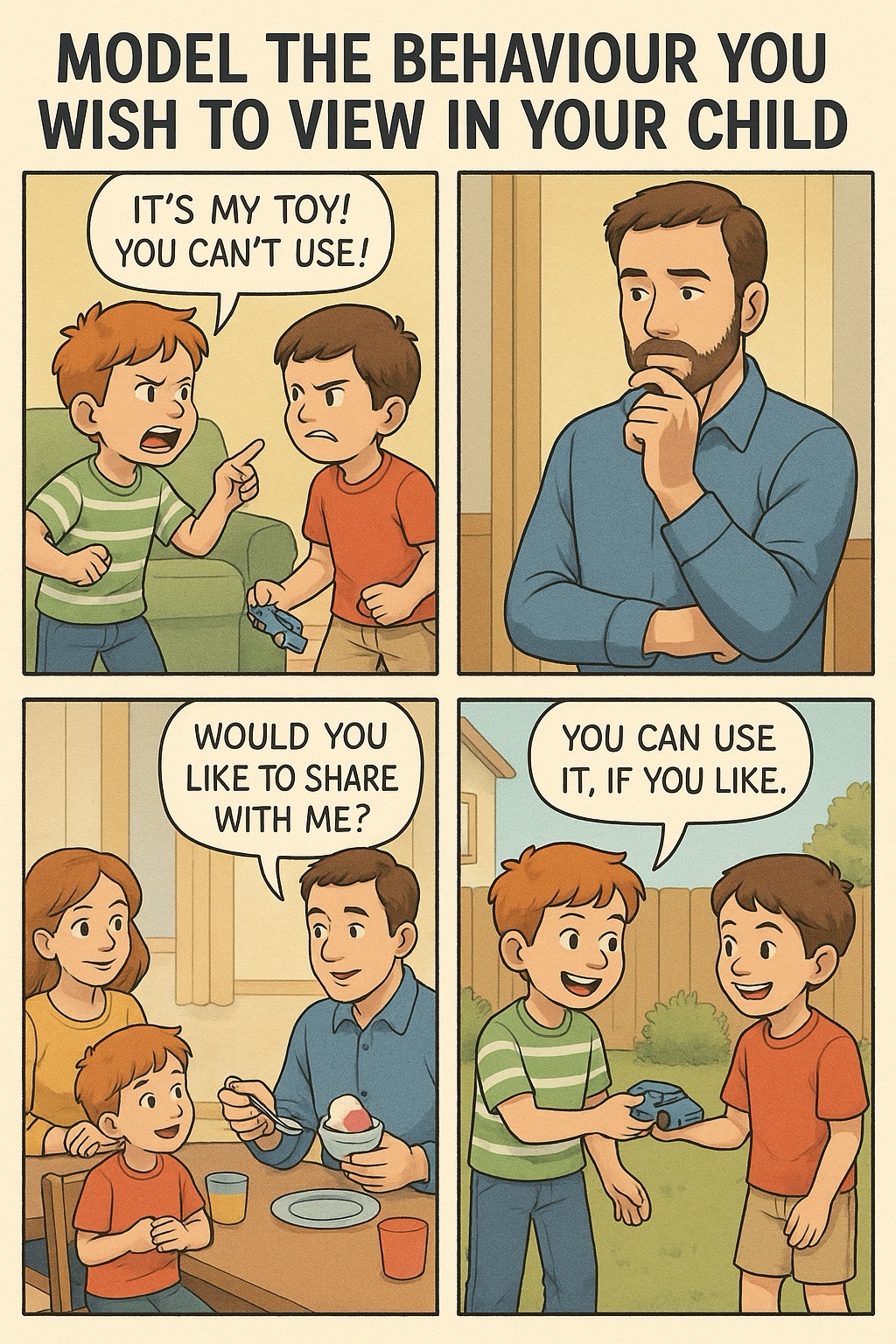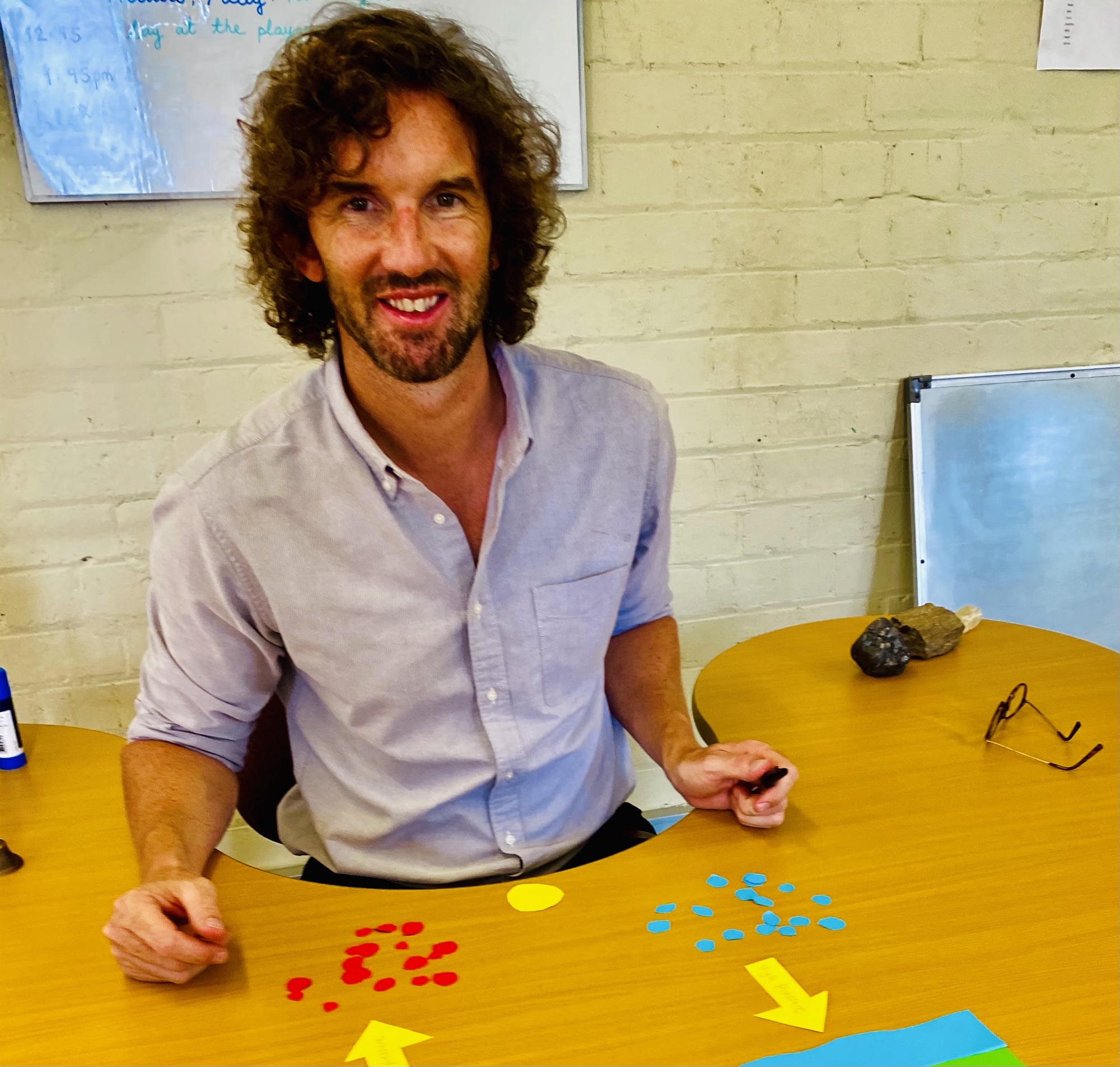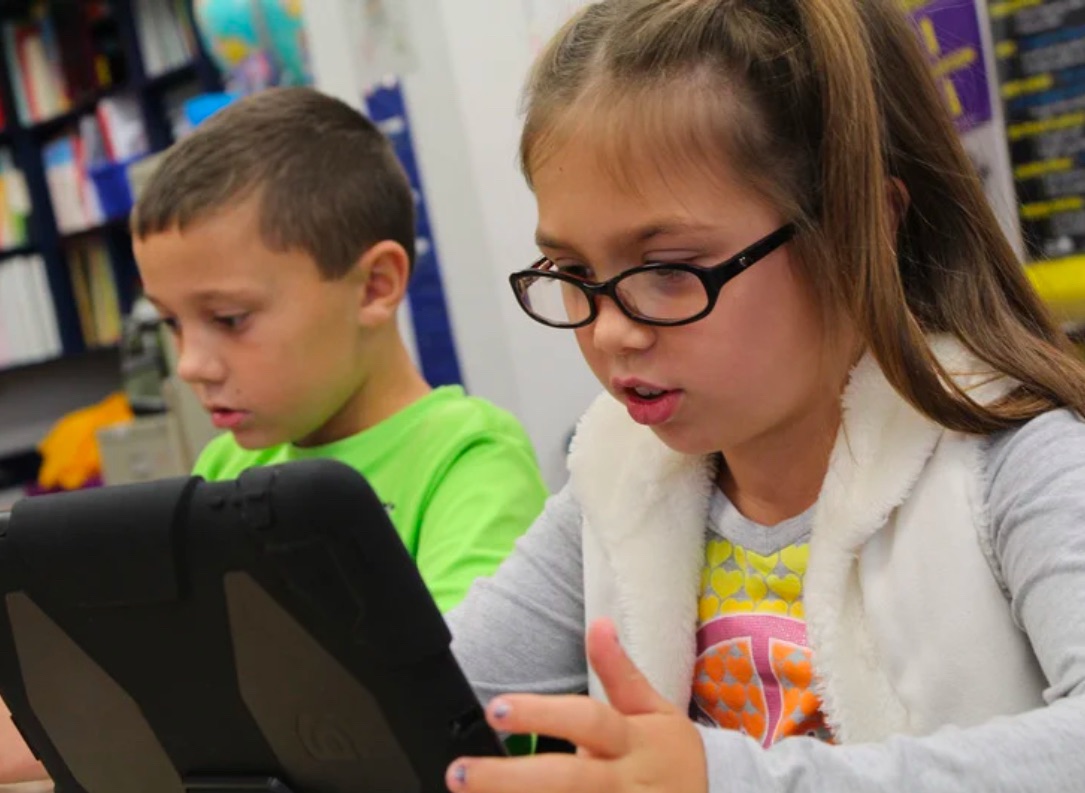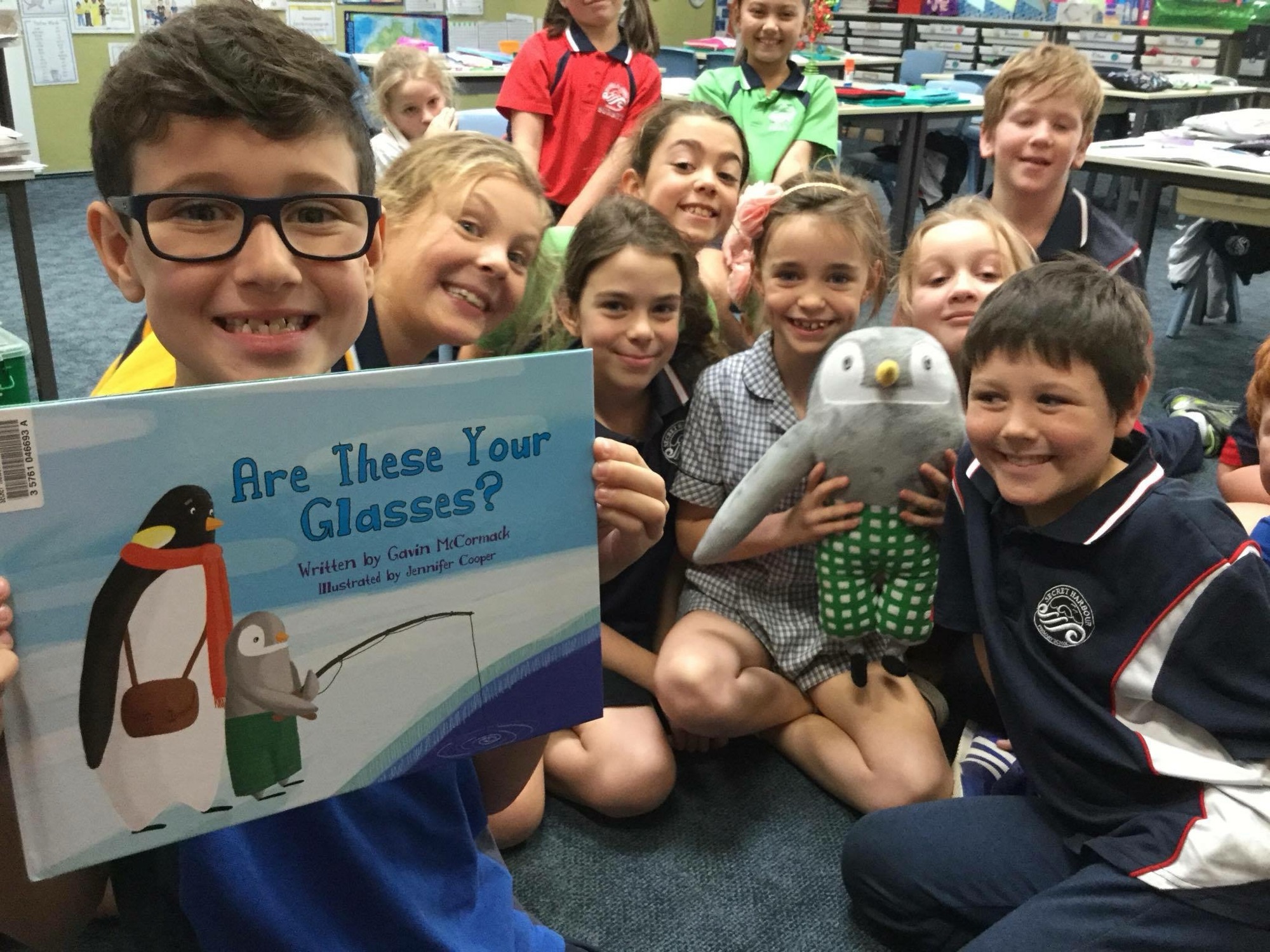As we stride into 2024, the landscape of education continues to evolve, presenting new challenges and opportunities for teachers and students alike.
At the core of this transformation is a shift in the role of educators and a renewed focus on student independence. This change reflects a broader vision for education – one that is responsive, student-centered, and geared towards preparing students for the complexities of the 21st century.

Personalized Learning Through Independence
The journey towards personalized education is pivotal in addressing individual student needs and learning styles. By fostering independence, teachers empower students to take charge of their learning, resulting in enhanced engagement and a deeper understanding of their own educational paths. This approach not only caters to diverse learning needs but also nurtures critical life skills such as decision-making and self-regulation.
The Educator: A Guide in the Digital Age
The evolving role of educators is increasingly that of a guide or facilitator, particularly in an era dominated by digital technology. Teachers are not just imparting knowledge but are also guiding students in navigating digital resources responsibly. This role also involves encouraging students to use technology as a tool for creative problem-solving and global connectivity.
Building Resilience for an Unpredictable Future
In a world where the only constant is change, equipping students with resilience and adaptability is crucial. Allowing students to experience challenges, learn from failures, and persevere builds the kind of resilience needed for an uncertain future. This approach prepares students not just for academic success but for life’s unpredictable twists and turns.
Cultivating Critical Thinkers and Problem Solvers
The emphasis on independence in learning naturally leads to the development of critical thinking and problem-solving skills. As students navigate their learning journeys with greater autonomy, they become adept at analyzing information, thinking creatively, and developing innovative solutions to complex problems.
Emotional Intelligence and Empathy in a Globalized World
Understanding and managing emotions, and empathizing with others, are skills as important as academic knowledge in today’s interconnected world. By observing and understanding each student’s unique journey, teachers can foster an environment where emotional intelligence and empathy flourish, preparing students to thrive in a diverse and global society.
Continuous Learning for Educators
As the dynamics of education shift, so too must the approach of educators. Continuous professional development is vital for teachers to stay abreast of the latest educational research, teaching strategies, and technological advancements. This commitment to learning ensures that educators remain effective and inspirational.
Inclusivity, Equity, and Global Awareness
Creating an inclusive and equitable learning environment is more critical than ever. This involves not only respecting and valuing diversity but also educating students about global issues such as sustainability. By fostering a global perspective, teachers can inspire students to think beyond their immediate surroundings and contribute positively to the world.
Prioritizing Student Well-being and Mental Health
The holistic development of students is incomplete without addressing their mental health and overall well-being. In an increasingly complex world, educators have a vital role in ensuring that the learning environment is supportive, nurturing, and responsive to the mental health needs of students.
As we navigate the future of education, the overarching theme is clear: the need for a responsive, student-centered approach that fosters independence and prepares students for the ever-changing world.
By embracing these principles, educators can not only enhance academic learning but also cultivate the skills and qualities students need to thrive in the 21st century.


